What Are the Benefits of Playing Power Soccer?
How to Get Involved?
- Share this blog post through your social media channels.
- See if a team exists in your area that you can join as a team member or volunteer. Click here for a page with information and links to international power soccer associations where you can search for teams in your area.
- Host a power soccer clinic to start a team in your area. Several organizations work to spread the sport and will come with people and resources to demonstrate the sport and help establish a team. Contact USPSA or FIPFA for more information.
- Make a financial donation. Power soccer is a developing sport without huge corporate sponsorships. Tournaments and events come with significant financial burdens and teams need patrons to help them defray costs for equipment and travel. Teams and athletes often have Gofundme campaigns and have other fundraising efforts throughout the year. You can get information at USPSA's or FIPFA's websites or do a simple Internet search to find a team or a player or a power soccer event to sponsor and make a difference with your dollars.
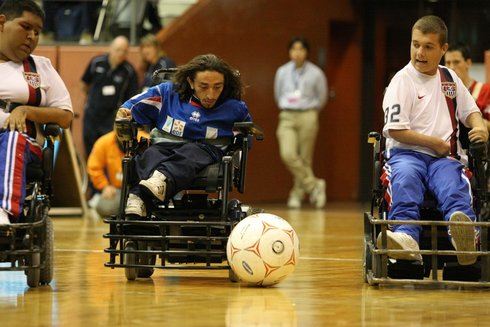
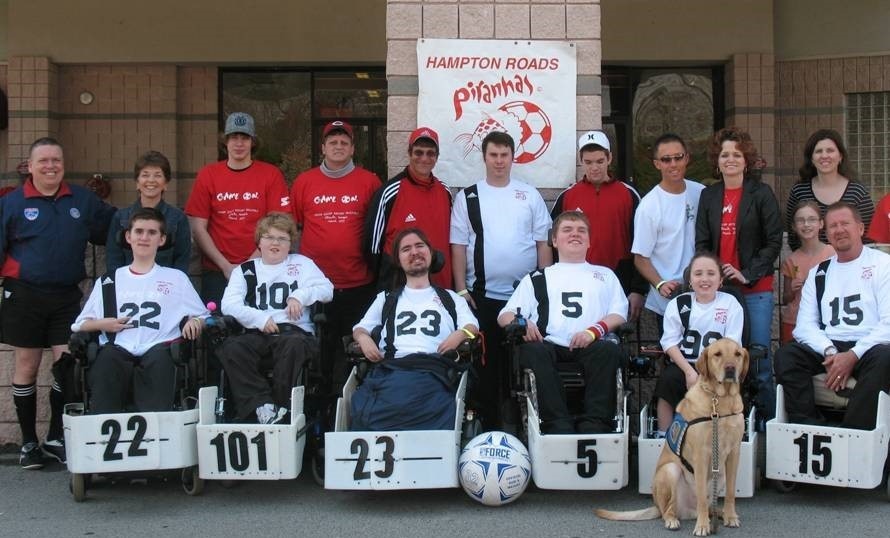
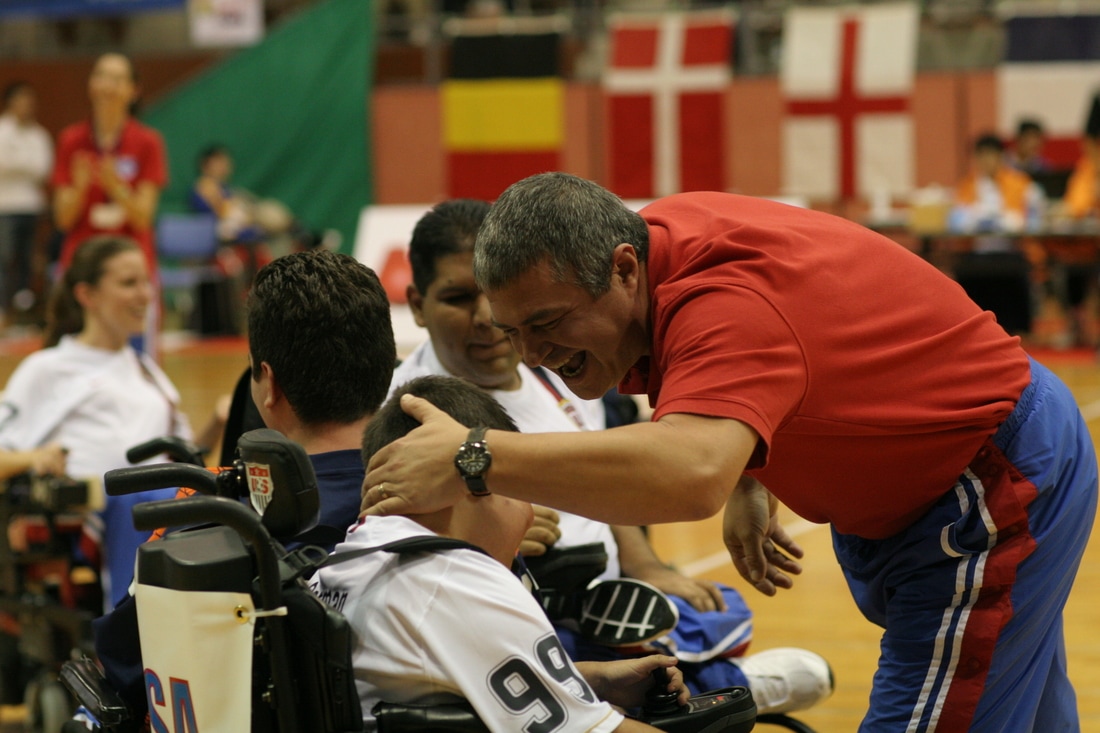
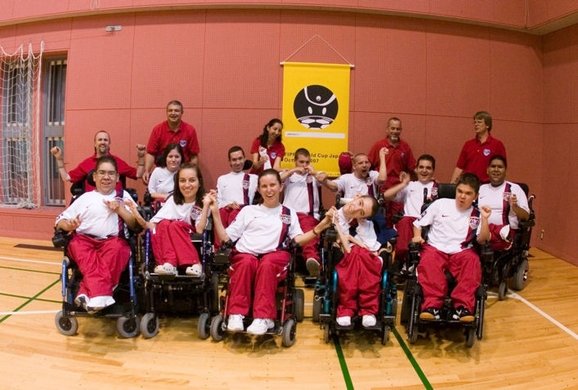
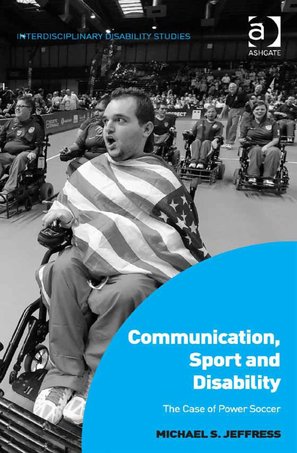
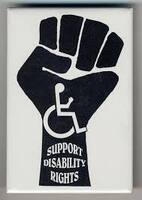
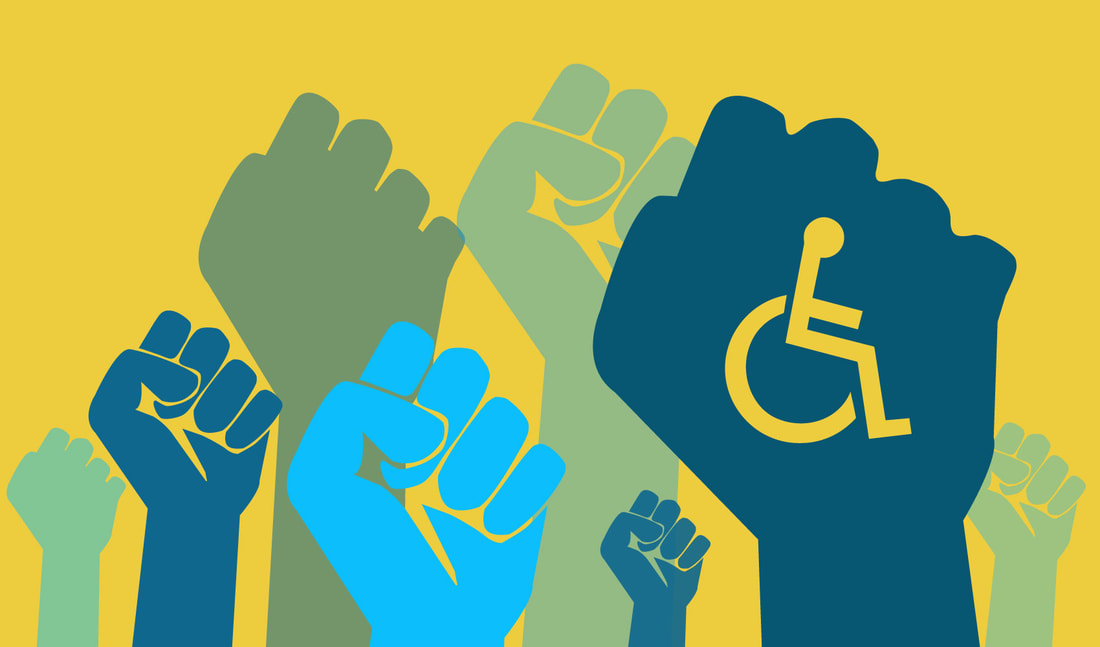
 RSS Feed
RSS Feed
